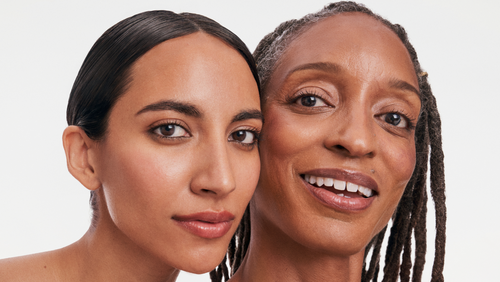Latest Articles

A Dermatologist Reveals Her Top Skincare Ingredients and Their Pairings for Radiant Skin
Last Updated: 3/01/2024 The holy grail of a good skincare routine is using the right products. But with so many different ones out there, knowing which skincare ingredient pairings work together and which don’t play well together is rule number one. When it comes to layering cleansers, serums, moisturizers, sunscreens, and beyond, even the most […]

13 Best At-Home Beauty Devices That Are Totally Worth the Splurge
There’s nothing like tackling your most pressing beauty and anti-aging concerns with a professionally administered treatment. For as much good as these treatments and procedures offer, their little sister counterpart, at-home beauty devices, are an excellent way to maintain your results. The best at-home beauty devices target everything from unwanted hair to dull, rough skin, […]

Augustinus Bader Review: Our Beauty Editor Shares All
I remember when the Augustinus Bader products, with their signature bright blue bottles, first launched in 2018. Every celebrity, beauty editor, and retail buyer were clamoring to try out the highly regarded The Rich Cream and The Cream moisturizer to see if it really worked to transform their skin. Spoiler alert: it did! The power […]

The 7 Best Hair Treatments for Damaged Hair to Repair and Restore
It happens to us all: Your hair transforms from soft, shiny, flexible strands to dry, dull, and unmanageable that easily breaks. If you think you’re alone, you are not. Changes to the hair can happen year-round but are especially prominent in winter, when hair-tangling winds, cold, dry air, and even moisture-zapping indoor heat can do […]









